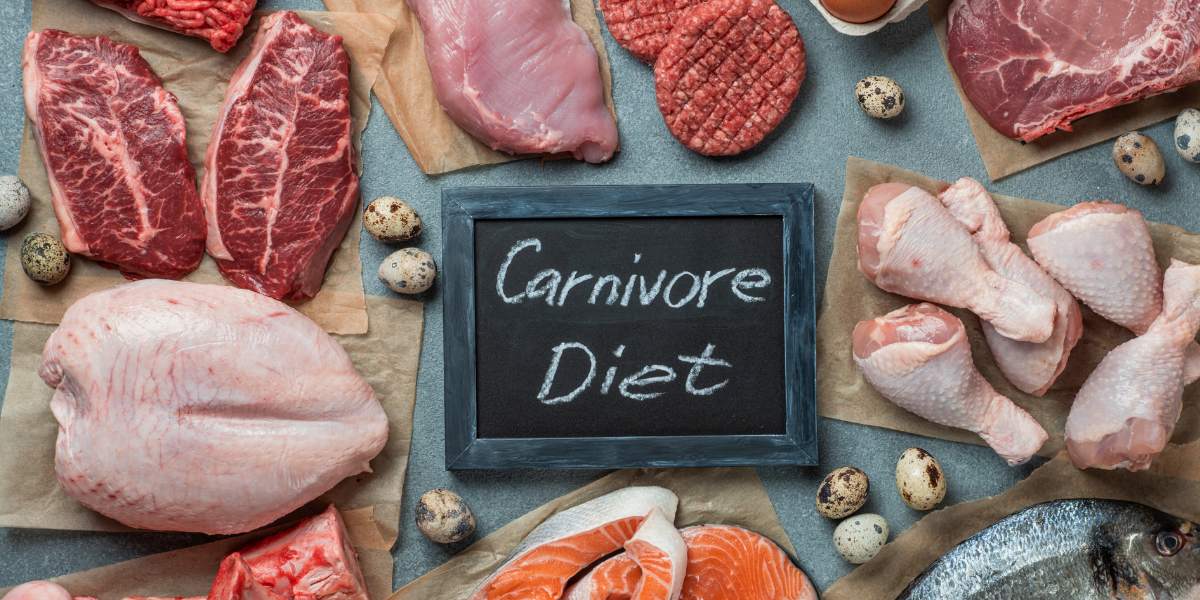Learning to cook, freezing leftovers and buying frozen vegetables have been suggested as workable ways to stop food waste and improve nutrition.
Two American researchers have been looking at how wasting food and obesity might be linked.
With this in mind they decided to look at whether reducing food wastage might inadvertently impact the obesity problem.
- Man puts type 2 diabetes into remission 23 years since diagnosis
- Low Carb Program celebrates 5th anniversary
Dr Brenna Ellison, associate professor in the Department of Agricultural and Consumer Economics (ACE) at the University of Illinois, said: “You can reduce food waste by obtaining less or eating more. Our concern was that if people are reducing waste by eating more, what does that mean for nutrition?
“And how do we think about these trade-offs in a way that promotes both good nutrition outcomes and good food waste outcomes? Public policies have generally focused on either obesity or food waste, but rarely considered them together.”
Food is wasted at all levels of the supply chain from farming, right up to when the consumer has purchased the item and taken it home.
During their research, the experts found that some restaurants and university dining halls that provide buffet-style dining have begun to impose fines for people who take too much and do not finish what is on their plate.
It has been suggested that schools might wish to start redistributing food items, such as apples and cartons of milk, to avoid them being thrown away.
- Study proves that exercise leads to greater food consumption
- Fried food consumption linked to heart disease and stroke
The study paper also looked at food wastage in the home.
Dr Ellison said: “We know that even if you try to plan meals, it can be hard to follow through. It’s important to be realistic about planning. For example, if you know that you’re likely to order take out one or two nights a week, then plan for that. Don’t buy food you won’t need.
“If you have young kids, you can try frozen vegetables. You can take a little bit out at a time and do some testing with your children; you won’t have a whole package that might go to waste.
Dr Melissa Pflugh Prescott, assistant professor in the Department of Food Science and Human Nutrition (FSHN) at the university added: “Cooking is a win-win in terms of promoting health and reducing food waste. There is evidence that links cooking and improved diet quality.
“And people who cook might over time become more skilled at repurposing leftovers, and being more creative with foods that are about to go to waste. Freezing leftovers for future meals is also a helpful strategy, if you have freezer space.”
Their study paper has been published in the Journal of Nutrition Education and Behavior.







